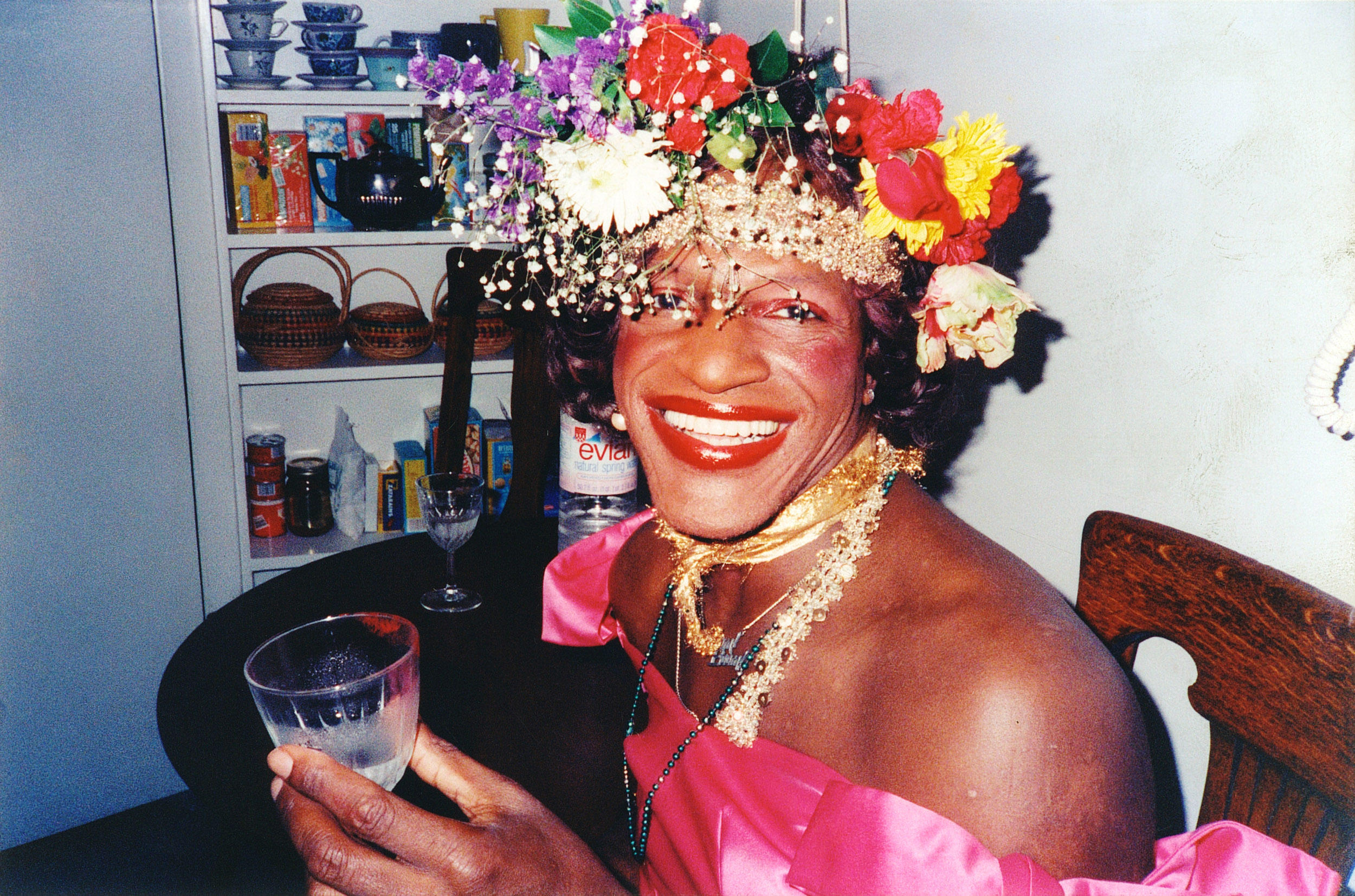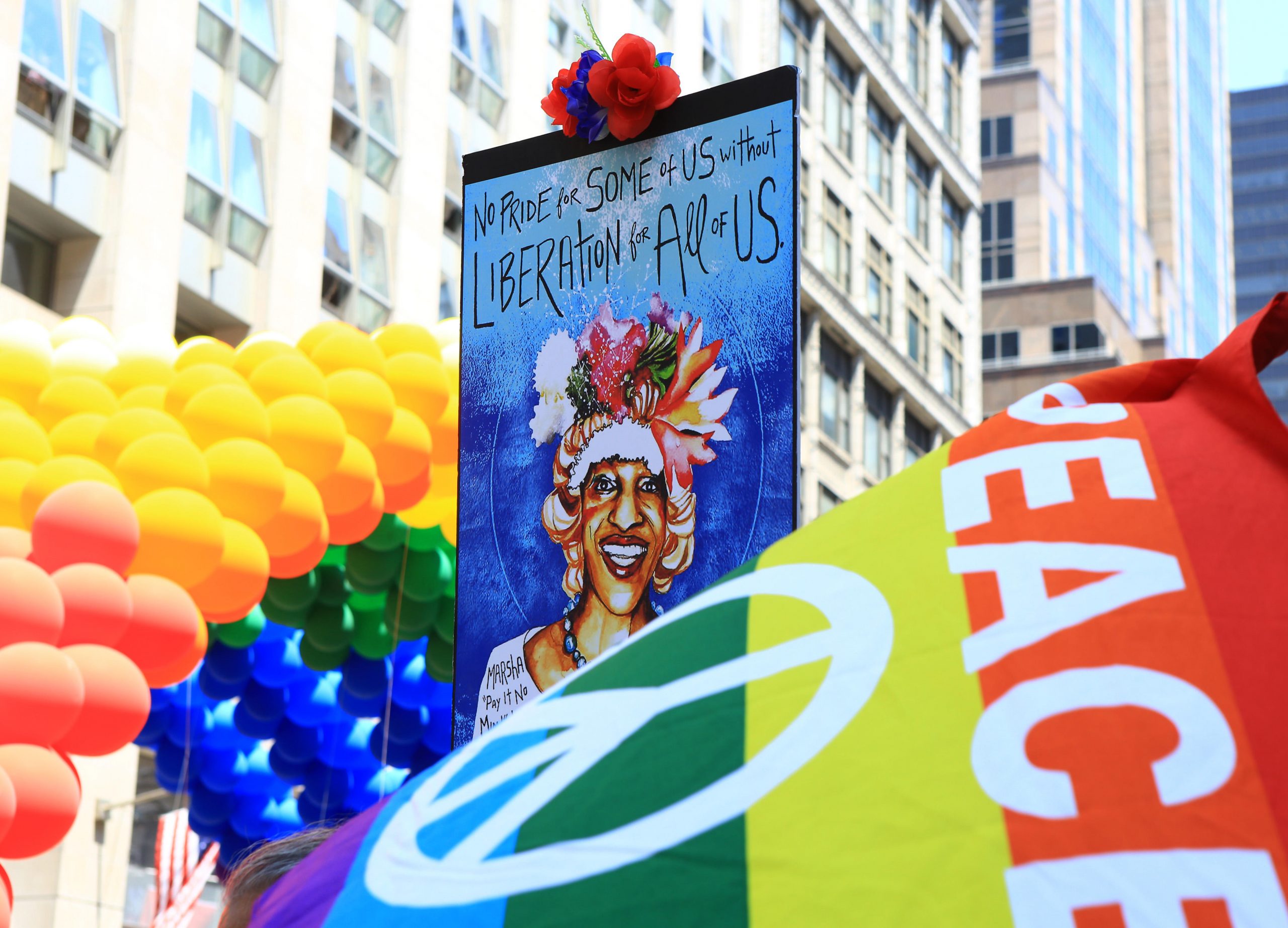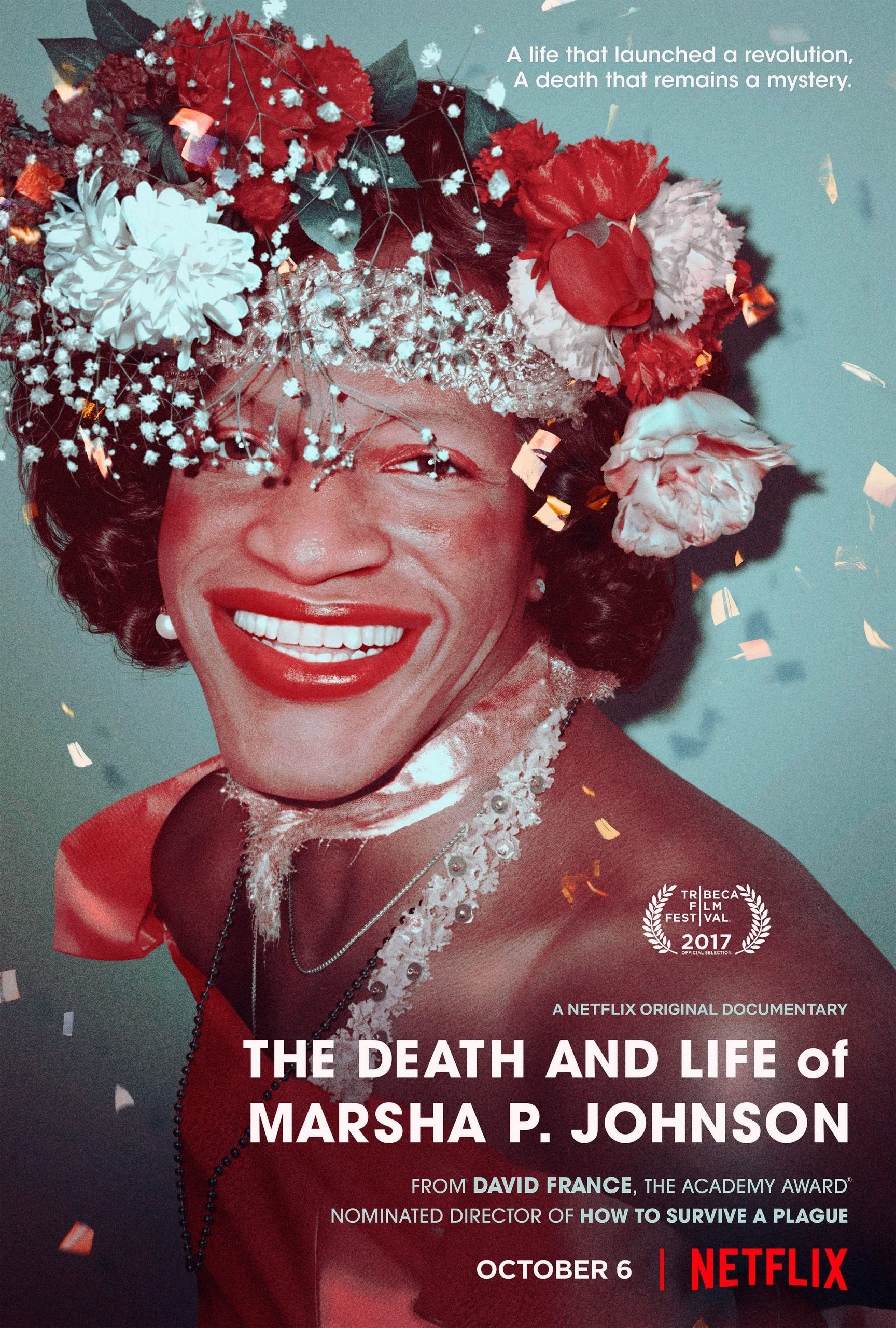Google doodle today: Who was Marsha P. Johnson and why is she being celebrated on the last day of Pride Month?


Google doodles are used by the tech company to shine a light on key anniversaries, special dates, and important issues – which is why today they have dedicated their doodle of the day to Marsha P. Johnson.
Today (30th June) is the last day of Pride Month, a time dedicated to celebrating LGBTQ+ communities everywhere.
In 2020, following the Black Lives Matter protests all over the world sparked by the deaths of George Floyd, Breonna Taylor, Ahmaud Arbery and, tragically, many others, the month has been used to highlight Black gay and trans activists.
Who was Marsha P. Johnson?
Marsha P. Johnson was born in New Jersey, on 24 August 1945, and moved to New York in 1963.
She was a self-declared drag queen at a time being gay was considered a mental illness in the United States, and the "P" in her name stood for "Pay it no mind" - a phrase she used when people made negative comments about how she looked or her life choices.
She’s considered to be one of the key figures during the 1969 Stonewall Riots. She was 23-years-old when police raided a gay bar in New York, The Stonewall Inn. After forcing over 200 people out of the bar, they used excessive violence against them.
The violent incident sparked a series of protest and riots in New York, led by Marsha, demanding rights for gay people. Much like the Black Lives Matter protests over the past few weeks, they echoed around the world and a month later the first openly gay march took place in New York - a key moment for the LGBTQ+ community.
Sign up to our free daily email for the latest royal and entertainment news, interesting opinion, expert advice on styling and beauty trends, and no-nonsense guides to the health and wellness questions you want answered.
In 2019, 50 years after the riots, the head of New York's Police Department apologised for their actions, saying, "the actions taken by the NYPD were wrong."

READ MORE: How to be anti-racist when simply not be racist is not enough
What happened to Marsha?
Marsha sadly died in 1992, weeks away from her 47th birthday. The activist was reported missing and her body was found by police six days later.
Authorities ruled the death as suicide, but many of her friends argued against it as attacks on trans people were common at the time.
In 2012, campaigner Mariah Lopez was successful in getting the case reopened to investigate a possible murder. Police reclassified Johnson's cause of death from "suicide" to undetermined.
The suspicious circumstances surrounding her death were investigated in a recent Netflix documentary by David France, The Death and Life of Marsha P. Johnson.

READ MORE: Movies to watch online now to celebrate pride
Why was Marsha P. Johnson important?
As well as being a key figure during the Stonewall riots, Marsha also founded STAR with her friend, activist Sylvia Rivera.
STAR, which stands for Street Transvestite Action Revolutionaries, is an organisation that supported gay and trans individuals who had been left homeless as they were often kicked out of their family home.
It was the first LGBT youth shelter in North America and the first trans woman of colour led organisation in the USA - before collapsing in the mid seventies.
She was nicknamed the "Saint of Christopher Street" (where the Stonewall Inn, where the riots started, is located), because of her generosity towards the New York's LGBTQ+ community.
What can you do to honour Marsha P. Johnson’s memory?
Marsha’s inspiring legacy lives on in the organisations that work to defend the rights of Black transgender people, such as UK Black Pride, and the Marsha P. Johnson Institute, which protects and defends the human rights of black transgender people.
Google has given a $500,000 grant to the organisation to help them support Black transgender women during the health crisis. They have also contributed over $2 million to the Trevor Project and local LGBTQ+ organisations.
Lydia Nichols, the art director of Google Doodle, spoke to The Advocate about important it is to fight against against the erasure of people of colour in the LGBTQ+ movement.
"Marsha P. Johnson knew that our destinies are inextricably intertwined—that none of us have rights until all of us have rights. She embodied this ethos, fighting throughout her life for equality and visibility. But dominant history has often erased her and other Black and brown queer activists from the narrative, failing to credit their leadership in the LGBTQ+ rights movement," she said.
"Reflecting on Pride this year, five decades since the Stonewall riots, we celebrate our progress while recognising all the work that remains. Marsha's life reminds us liberation can only be achieved together — through the acknowledging and dismantling of all systems of oppression. It is with this spirit that we remember and celebrate Marsha today."
Mariana is the managing editor of woman&home. She has previously worked for lifestyle titles including GoodtoKnow covering all aspects of women’s lifestyle - from the Royal Family, beauty and fashion to wellness and travel. She was nominated for AOP Digital Journalist of the Year in 2020, and for New Digital Talent of the Year at the 2016 PPA Digital Awards. She’s mildly obsessed with TV (reality TV shows included) and spends far too much time planning her next trip away.
